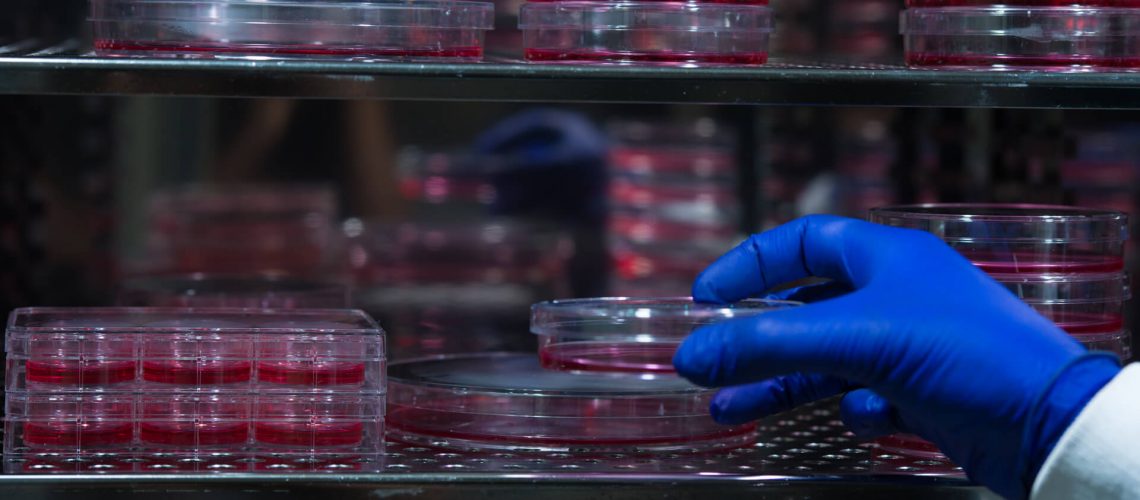Albert Einstein College of Medicine
Principal Investigator: Jean Hébert
Research Team: Hiroko Nobuta, Joanna Krzyspiak, Alexandra Quezada, Marta Gronska-Peski, Jayleecia Smith
Of all the challenges in cell therapy, replacement of neurons in the neocortex is both the most important (the brain being the seat of consciousness and identity) and perhaps the most formidable. Only recently have any researchers succeeded in integrating new neurons into this area of the brain. Moreover, the vast majority of transplanted cells in these cases have failed to survive, and the few survivors have achieved only limited function and integration into existing circuits.
Research Highlights:
SRF sponsors Dr. Jean Hébert’s work to advance an innovative strategy to address this challenge. Dr. Hébert’s team has transplanted neuronal precursors along with precursors of the blood vessels needed to nourish and enhance the survival and integration of new neurons. Initial analysis shows that this approach is successful.
However, as transplanting neurons throughout the entire aging neocortex would be extremely invasive, posing serious risk of injury to a tissue we cannot afford to damage, the team has engineered microglia (which, unlike neurons and their precursors, are highly mobile cells) to disperse widely from the site of transplant. These microglia can then be reprogrammed into cortical projection neurons at their destination.
Initial work on the transdifferentiation of microglia into neurons has been established. From there, the team will characterize the integration of the transplanted microglia-turned-neurons into host circuits of converted neurons derived from our engineered transplanted microglia. It has been demonstrated that depletion of microglia can enhance the process and facilitate good dispersion of newly transplanted microglia; Dr. Hébert’s team aims to determine whether depleting host microglia enhances these processes in different models.



